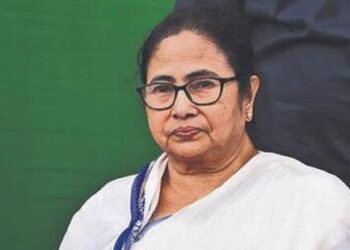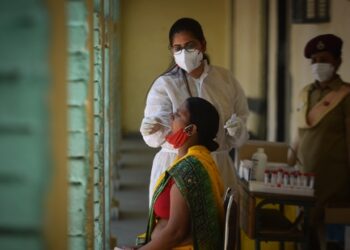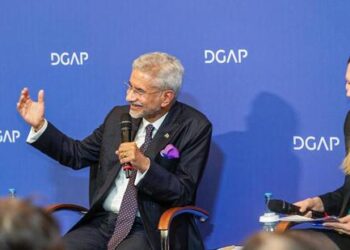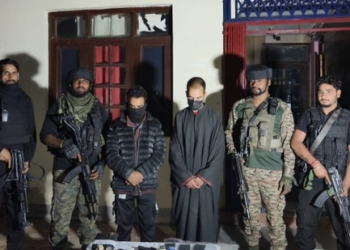There has been no immediate response from the government following the court’s decision. However, Prime Minister Narendra Modi’s ruling Bharatiya Janata Party (BJP) administration had consistently opposed the petitions to the court because same-sex marriage was not in line with the traditional Indian family structure, which includes a husband, wife, and children.
The court’s decision follows more than a dozen petitions filed since the previous year. The bench, led by Chief Justice D.Y. Chandrachud, had heard arguments in April and May before delivering its verdict on Tuesday.
Justice Chandrachud acknowledged that there was both agreement and disagreement on the extent to which same-sex marriage should be recognized. He noted that four of the five judges had authored separate judgments, underscoring the complexity of the case. He emphasized the court’s role as an interpreter of the law, stating, “This court cannot make law. It can only interpret it and give effect to it.” Chandrachud also rejected the government’s assertion that being gay is an “urban or elite” concept.
The court has tasked a panel, suggested by the government, with addressing the “human concerns” of same-sex couples. This panel should include experts with knowledge and experience in addressing the social, psychological, and emotional needs of the LGBTQ community. Additionally, the panel will explore granting same-sex couples access to services and facilities currently unavailable to them, such as joint bank accounts and pensions.
However, while Justice Chandrachud and a second judge referred to recognizing unions or civil unions for same-sex couples, the other three judges did not concur. Justice Ravindra Bhat among them stated, “Marriage is a social institution. The marital status is not conferred by the state. The idea of marriage is not a fundamental right.”
Members of the LGBTQ community were visibly emotional, with some seen leaving the court in tears after the verdict, consoling one another. Uday Raj Anand, a petitioner in the case along with his same-sex partner, expressed his disappointment, stating, “What I had thought was that at least the court would make its stand clear, say that it is not in a position to make or change the law, but they would certainly direct the government to do it.”
Asia lags behind the Western world in accepting same-sex marriage, with only Taiwan and Nepal permitting it on the continent. Activists argue that while the 2018 ruling abolishing the ban on gay sex affirmed their constitutional rights, it is unjust that they still lack legal recognition for unions, a fundamental right enjoyed by heterosexual married couples.







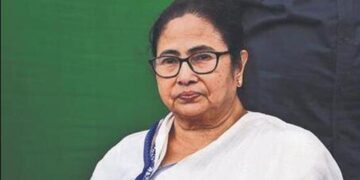
 India
India



